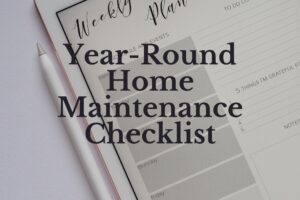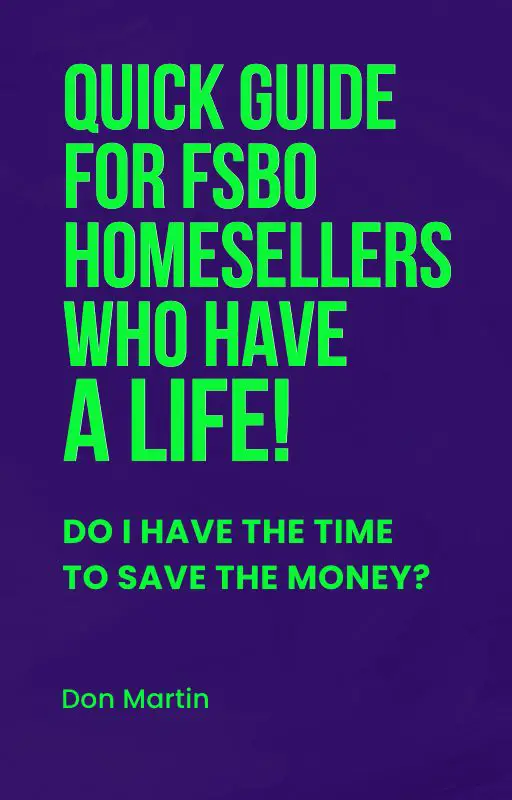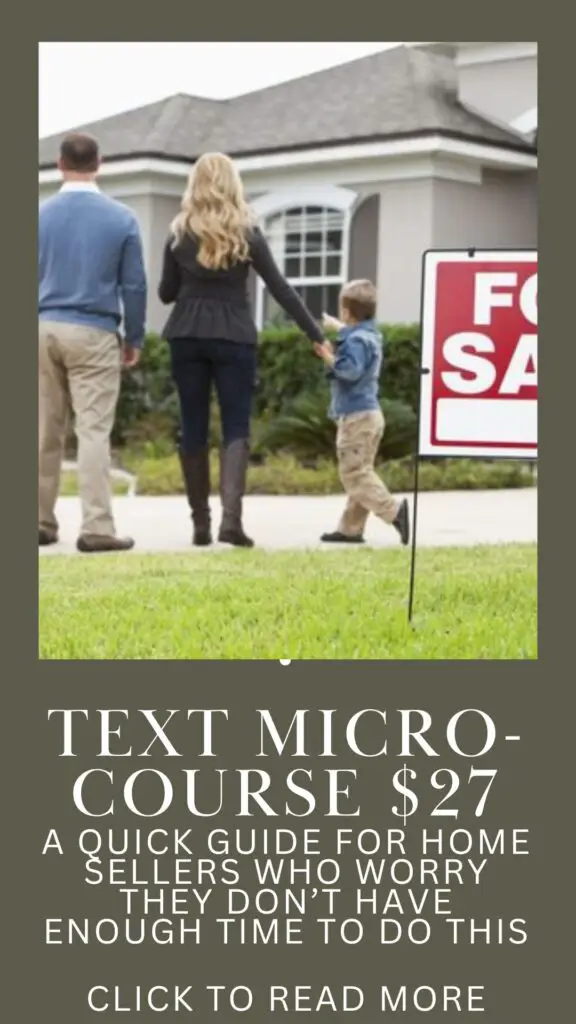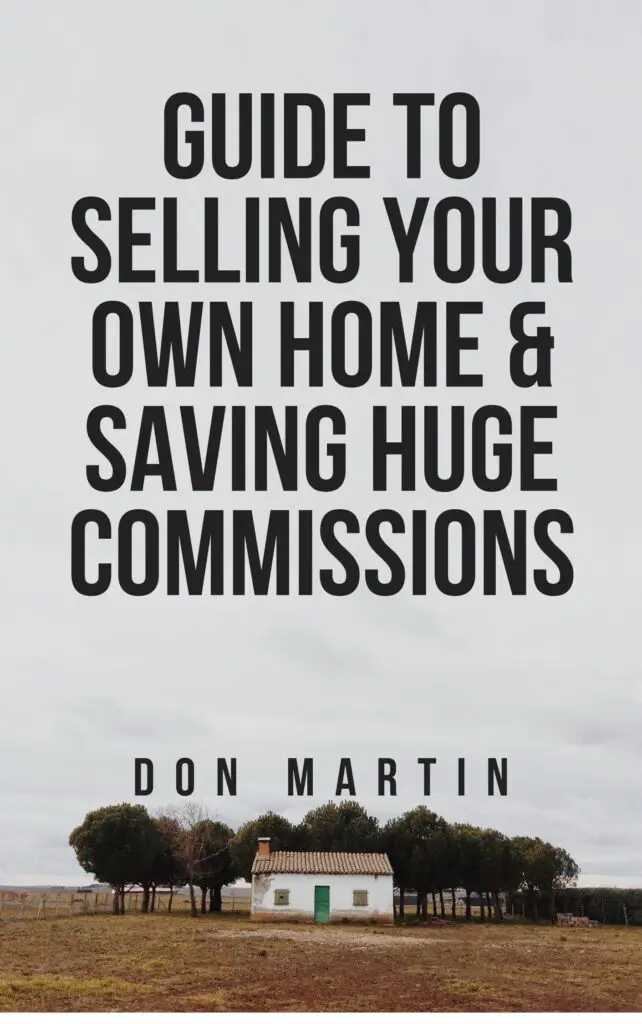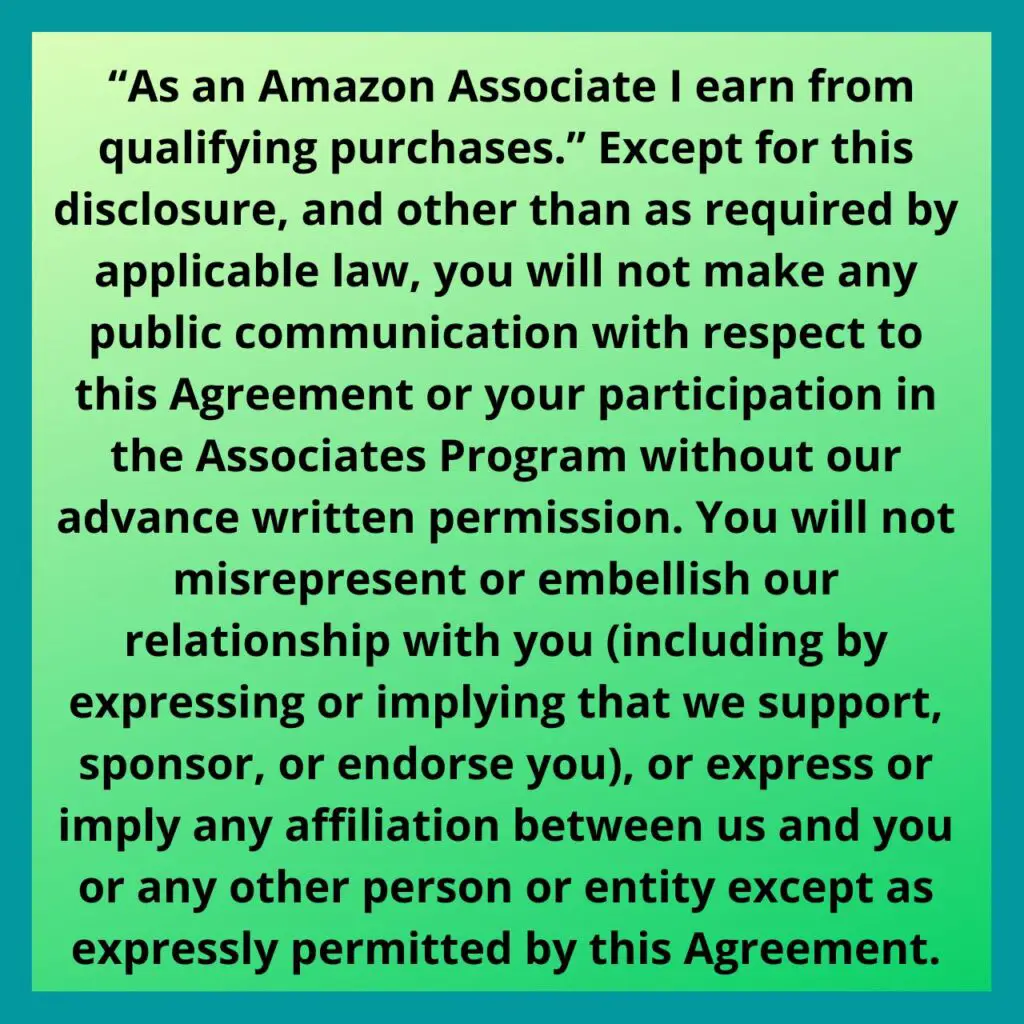Only 39% of Americans have enough savings to cover a $1,000 emergency. CNBC says, quoting Bankrate
Whether it’s a broken water heater, an unexpected medical bill or a car wreck, emergencies happen to everyone. But a startling number of Americans are unprepared to cope with them, money-wise. (Thank you to Emmie Martin.)
According to Bankrate’s latest financial security index survey, 34 percent of American households experienced a major unexpected expense over the past year. However, only 39 percent of survey respondents said they would be able to cover a $1,000 setback using their savings.
Click here to learn more about Dave Ramsey’s original FINANCIAL PEACE – a classic!
“While tapping savings to pay off an emergency was the most common response, more than a third of Americans would sink into one type of debt or another, potentially harming their financial security,” Bankrate says in the report.
Using a credit card was the second most popular answer, with 19 percent of respondents saying they’d deal with an emergency with plastic and pay it off over time.
The numbers aligned with respondents’ annual incomes. “Lower wage earners, those making less than $30,000 a year, were twice as likely to use some form of borrowing than savings, while households making more than $50,000 were more apt to use cash,” Bankrate says.
A similar 2016 GOBankingRates survey found that 69 percent of Americans had less than $1,000 in total savings and 34 percent had no savings at all.
The simple solution to keep an unexpected expense from bankrupting you or putting you into debt is to build an emergency fund. But that doesn’t always take precedence as Americans focus on staying on top of bills, paying off debt and working toward other financial goals.
However, even if you’re in the red, it’s still smart to put some money away. Personal finance expert Dave Ramsey says building a $1,000 emergency fund is the first “baby step” toward getting free from debt, because something is always bound to go wrong, no matter how careful you are.
“Car blows up. Transmission goes out. You bury a loved one. Grown kids move home again. Life happens, so be ready,” Ramsey writes in “The Total Money Makeover.” “This is not a surprise.”
Click here to learn more abut Dave Ramsey’s TOTAL MONEY MAKEOVER.
Building a solid emergency fund first is crucial because it prevents a twist in the track from completely derailing the journey, Ramsey explains.
“I discovered that people would stop their whole Total Money Makeover because of an emergency — they felt guilty that they had to stop debt reducing to survive,” he writes. “If you use debt after swearing off it, you lose the momentum to keep going.”
Although the $1,000 cushion is a good start, most experts recommend socking away at least three to six months’ worth of living expenses in a fully funded rainy day account.
And Suze Orman, financial expert and former CNBC host, pushes for even more. Orman recommends putting away between eight and 12 months worth of living expenses to feel truly secure.
I can honestly say that this concept is incredibly important. My wife and I also went through FINANCIAL PEACE UNIVERSITY, and I can tell you that Dave really knows what he’s talking about!
Written by Don Martin. You can follow all of Don Martin’s work HERE and/or a less frequent newsletter HERE. Please share these thoughts about your winter sales with your buds using the above buttons. Thanks!
LIKE us on FACEBOOK!
You can be friends with Don on Facebook and/or follow him on Twitter!
(This post may contain affiliate links, which means if you click, or make a purchase by clicking on them, I may receive a small commission, at no additional cost to you, that will help me continue to bring you valuable content. To that end, not all of the items on this page are affiliate links, as that is not a requirement to be on this page. Thanks for your support!)
We are a participant in the Amazon Services LLC Associates Program, an affiliate advertising program designed to provide a means for us to earn fees by linking to Amazon.com and affiliated sites.





